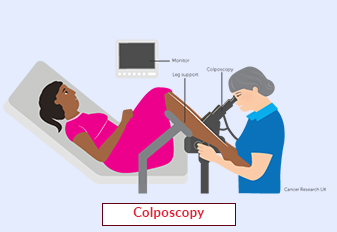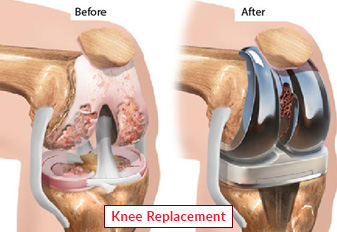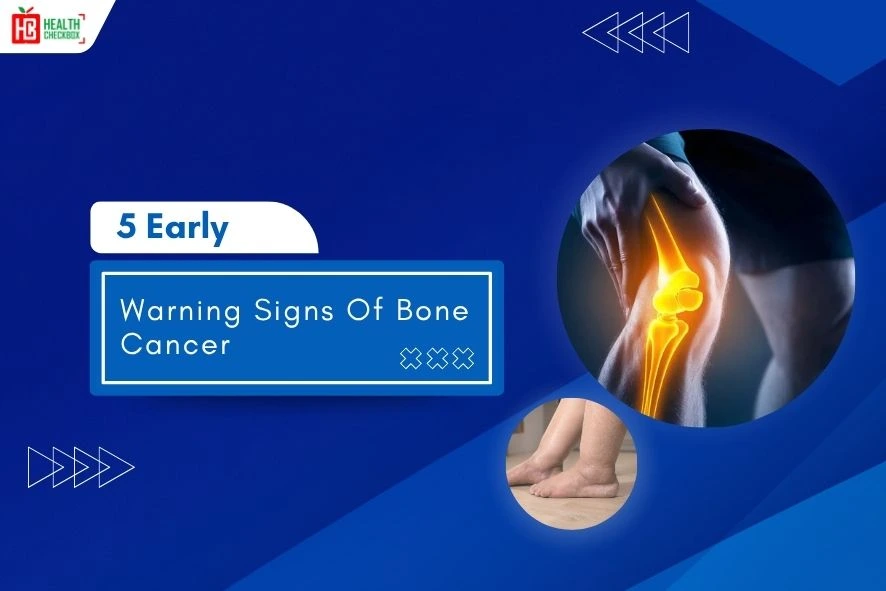Geriatric medicine is a specialized medical practice focused on the care of older persons. It deals with complicated medical, psychological, and social issues, seeking to control chronic illness, preserve independence, and enhance the quality of life as individuals grow older. Geriatricians help in the treatment of a variety of illnesses, including:
- Loneliness
- Aging
- Memory issues
- Depression, caring
- Proper use of medication
A wide range of age-related health conditions, including dementia, arthritis, osteoporosis, and cardiovascular problems, are diagnosed and treated effectively by geriatricians. Various aspects of aging are covered to address the unique challenges, and a suitable strategy is worked upon by the geriatricians to identify the rehabilitation, medication management, and preventive care of the aging population.
Geriatric medicine recognizes the significance of maintaining dignity and optimizing the later stages of life of the elderly people and strives to improve functionality, independence, and general health in them by customizing healthcare to meet their unique needs.
Role of a Geriatric Medical Doctor
A geriatrician is a doctor who generally treats the elderly, and patiently looks into their physical, emotional, and social needs. Based on these parameters, they carry out different treatments and recommendations. The geriatrician may
- Identify health issues.
- Prescribe for suitable drugs and other therapies.
- Monitor the drug for any adverse reactions you may have and regulate the dosage of medicines as required.
- Discuss the merits and demerits of various treatments, such as surgery.
- To customize care that meets your needs, collaborate with other medical professionals.
- Refer you to experts for the treatment of ill-health conditions like cancer or problems with brain function.
- Talk to you about how you operate on a daily basis and assist you in determining when to make adjustments. For instance, they may give you advice on whether it’s unsafe for you to live alone or drive.
- Help you in managing advance directive planning with your family.
Benefits of Geriatric Medicine
Various issues are sorted out by geriatrics that include:
- Prolonged illnesses
- Cognitive function, such as dementia or delirium
- Preventive care
- Future planning
- Working with different care workers.
Different Treatments for Geriatric Patients
Various treatments for treating geriatric patients include:
Medicine Management
- The geriatrician will initially assess medications required to avoid potentially harmful interactions.
- Adjustments in the dosages or change in prescriptions to make sure safe and efficacious treatment for ill-health conditions at the same time see that the side-effects are minimal.
Physical Therapy and Rehabilitation
- As one ages to keep the body in perfect shape and mobile, physical and occupational therapy immensely help older adults recover from injuries and manage age-related conditions like arthritis or stroke, enhancing their overall quality of life.
Pain Control
- Pain management techniques are essential for addressing prolonged pain conditions, such as osteoarthritis pain, nerve pain, and back pain that make sure older adults are at ease of comfort and their body is in perfect shape.
Preventive Care
- Geriatricians make sure that older people adhere to preventive measures, such as
- Vaccinations,
- Workouts for at least 30 minutes a day and 3 times a week,
- A regular check-up for adverse conditions that persist in older adults e.g., osteoporosis, cancer, and cardiovascular disease should be checked.
- Avoid smoking and seek help to quit it.
Mental Health Care
- Depression and dementia are critical aspects of geriatric medicines that have to be critically addressed .
- Support for patients and their families, medications, and therapeutic interventions are essential.
Palliative Care and End-of-Life
- Geriatric medicine often involves discussions about end-of-life care priorities and regulating complex medical issues.
- Palliative care focuses on raising the quality of life for individuals and minimizing symptoms to ill-health conditions during their later stages of life.
Right Age to Consult a Geriatrician
Normally, people consult a geriatrician after attaining the age of 65. Depending on the medical conditions and needs, some healthcare facilities for geriatric medications even admit individuals who are 50 years old. Although this is a bit early, an early focus on healthcare issues is relevant to aging to help mitigate the risk factors associated with many chronic conditions.
Nearly 60 % of Americans who are 60 years and older suffer from more than one chronic ill health. As one ages, there is an increased tendency to have multiple chronic conditions. This is where the role of a geriatrician comes in to assist the elderly person. Take the case, for instance, if you are taking multiple medications. Different drugs behave differently, and they may be of great threat at age 70 rather than at 40.
Latest Health Tips
Can Immunotherapy Cure Stage 4 Lung Cancer?
Early Signs of Cervical Cancer
Foods that Kill Cancer: Leafy Vegetables, Grains, & More
What Stage of Cancer is Immunotherapy Used For?
Which is Worse for Cancer, Sugar or Alcohol?
Vaccines That Prevent Cancer
What Kills Cancer Cells in the Body Naturally?
Early Warning Signs of Bone Cancer
Submit Your Enquiry
Testimonials


























